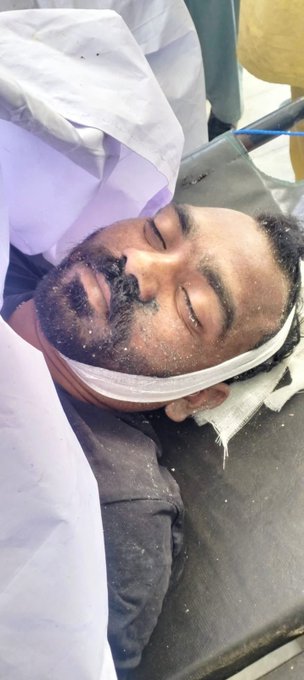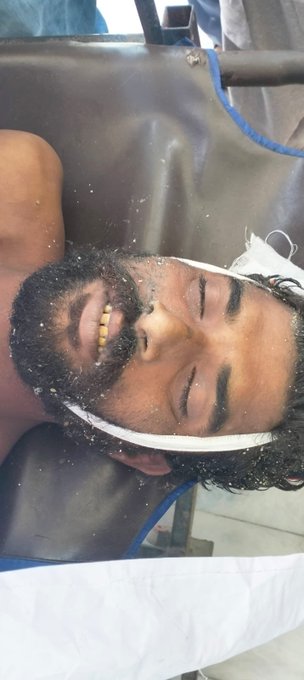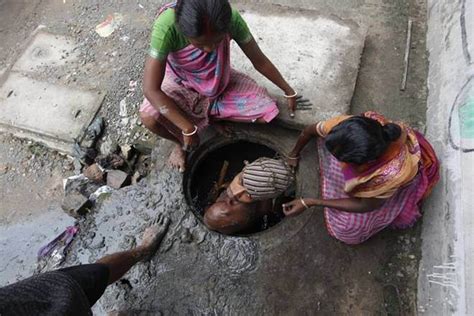Two sanitation workers, 25-year-old Asif Moon Masih, and 23-year-old Shan Masih, succumbed to fatal gas exposure during a procedure to clear a blockage in a manhole near Punj Pullian, Faisalabad. They lost consciousness shortly after descending into the manhole and were overwhelmed by toxic gases before rescue operations could intervene.
Hailing from Chak-10/JB Kurrianwala, the deceased was employed by the Faisalabad Water and Sanitation Agency (WASA), albeit on a contractual basis through Sapphire Marque Management for the specific task of sewage line clearance.
This tragic incident highlights the severe risks faced by sanitation workers in the line of duty and underscores the imperative need for enhanced safety measures and regulatory oversight to prevent such deadly occurrences. Moreover, it draws attention to a concerning trend in Pakistan’s sanitation sector, characterized by repeated fatalities under analogous conditions.

In a similar vein, January 2024 witnessed another devastating event in Karachi’s DHA area, where two workers perished while attending to sewer systems. A critical point of concern in these episodes is the lack of necessary safety gear, including gas masks, ladders, and protective gloves, essential for ensuring the safety of workers in these hazardous environments.
Despite the sustained efforts of human rights organizations, including the Human Rights Commission of Pakistan, advocating for the provision of adequate protective gear, sanitation workers persistently face significant risks in their profession. Many workers suffer from severe health conditions, such as asthma, tuberculosis, hepatitis B or C, musculoskeletal disorders, cancer, and various respiratory or dermatological ailments, attributable to prolonged exposure to hazardous substances.
The failure to equip sanitation workers with necessary protective gear represents a glaring instance of criminal neglect. Yet, investigations into such incidents often lack depth, with the majority of deaths being dismissed as accidental.
In 2021, Samina Bibi took legal action against the management of the Sargodha Metropolitan Corporation for mandating her husband to descend into a toxic manhole without any safety measures. Throughout the process, she encountered pressure from government officials to settle the matter out of court.

Furthermore, the challenges faced by sanitation workers extend beyond safety concerns to include issues of exploitative labor conditions. A considerable proportion of these workers, who largely hail from marginalized minority communities, endure employment conditions characterized by substandard wages, unregulated working hours, and delayed payments. Discriminatory policies manifest in governmental job listings that restrict sanitation roles to “non-Muslims” only, exacerbating the plight of these individuals.
Despite recurrent fatalities, there has been a conspicuous lack of substantial action from the government to address the entrenched problems plaguing the sanitation sector. It is imperative that immediate measures are taken to safeguard the safety and rights of sanitation workers. This necessitates the provision of adequate protective gear, rigorous enforcement of labor laws, and the elimination of discriminatory hiring practices. In the absence of such corrective actions, the well-being and dignity of those tasked with preserving urban hygiene will continue to be jeopardized.
